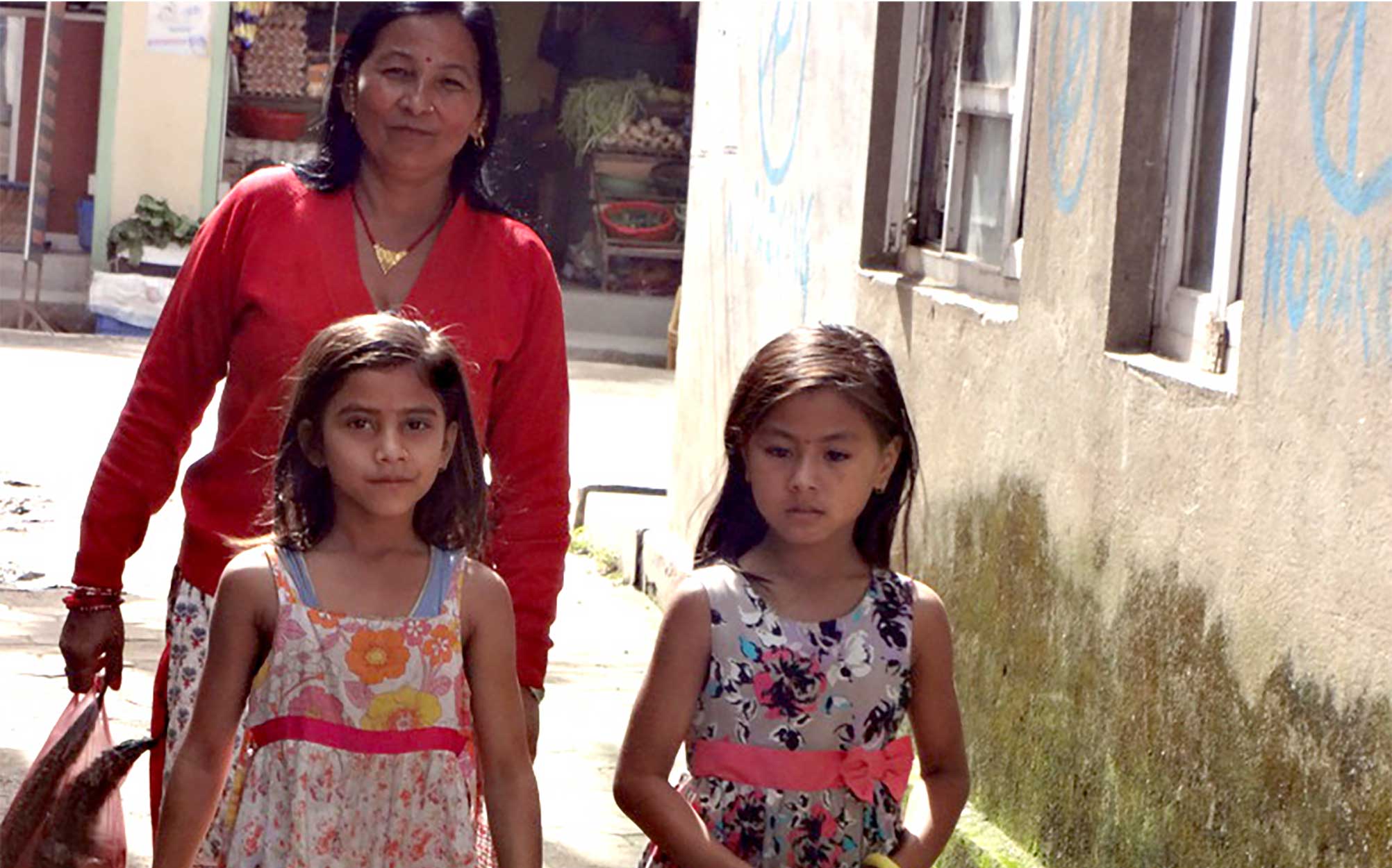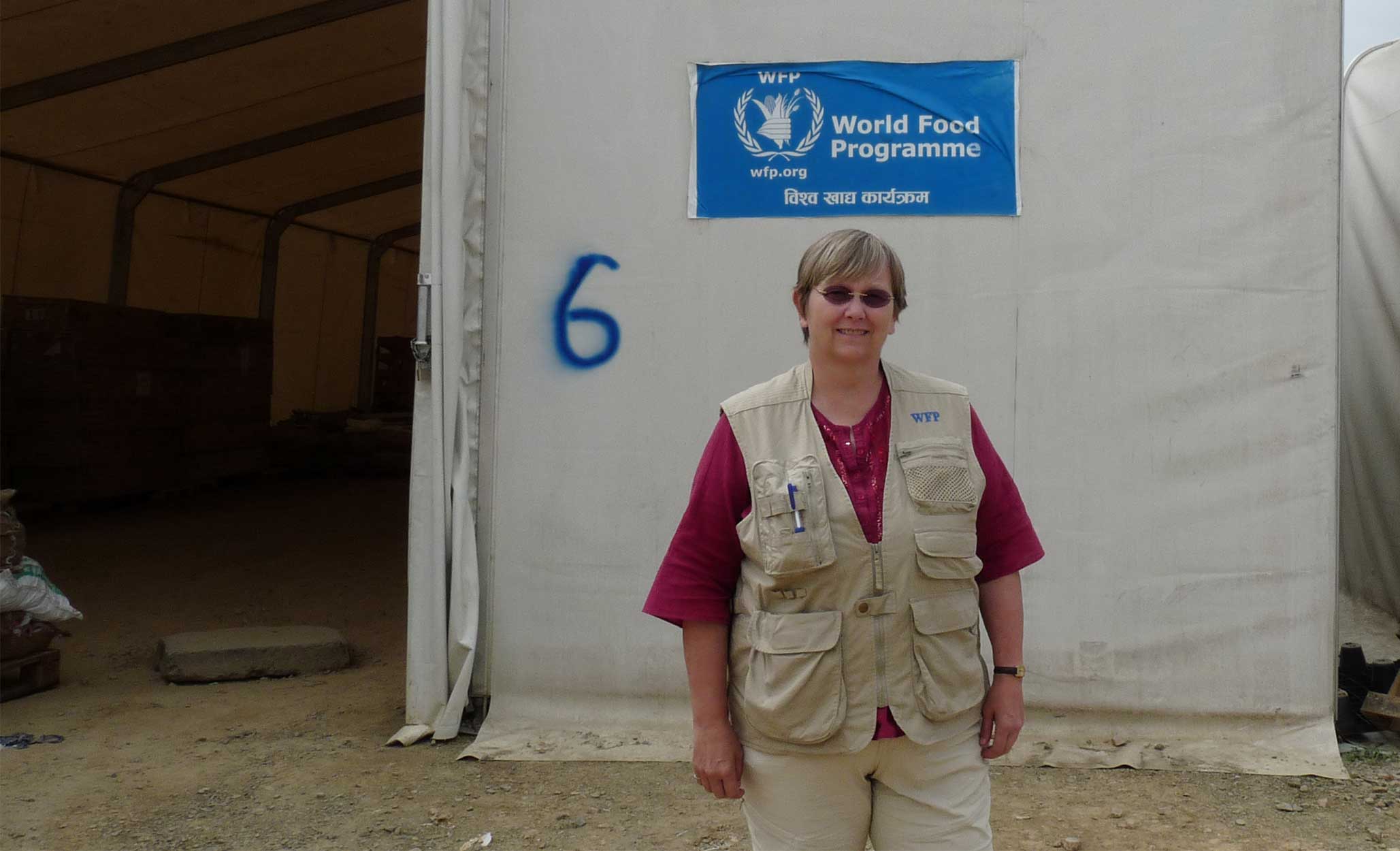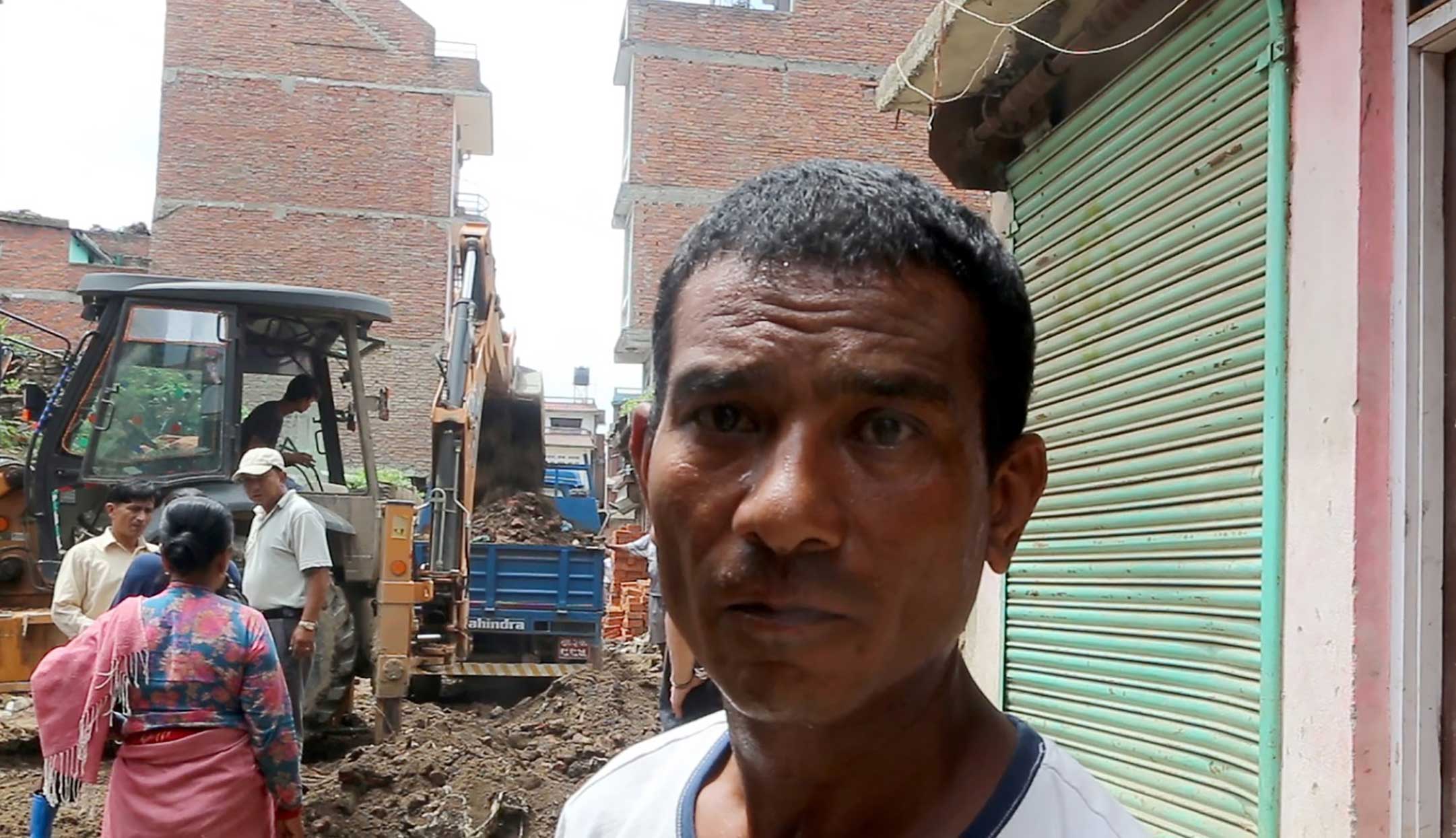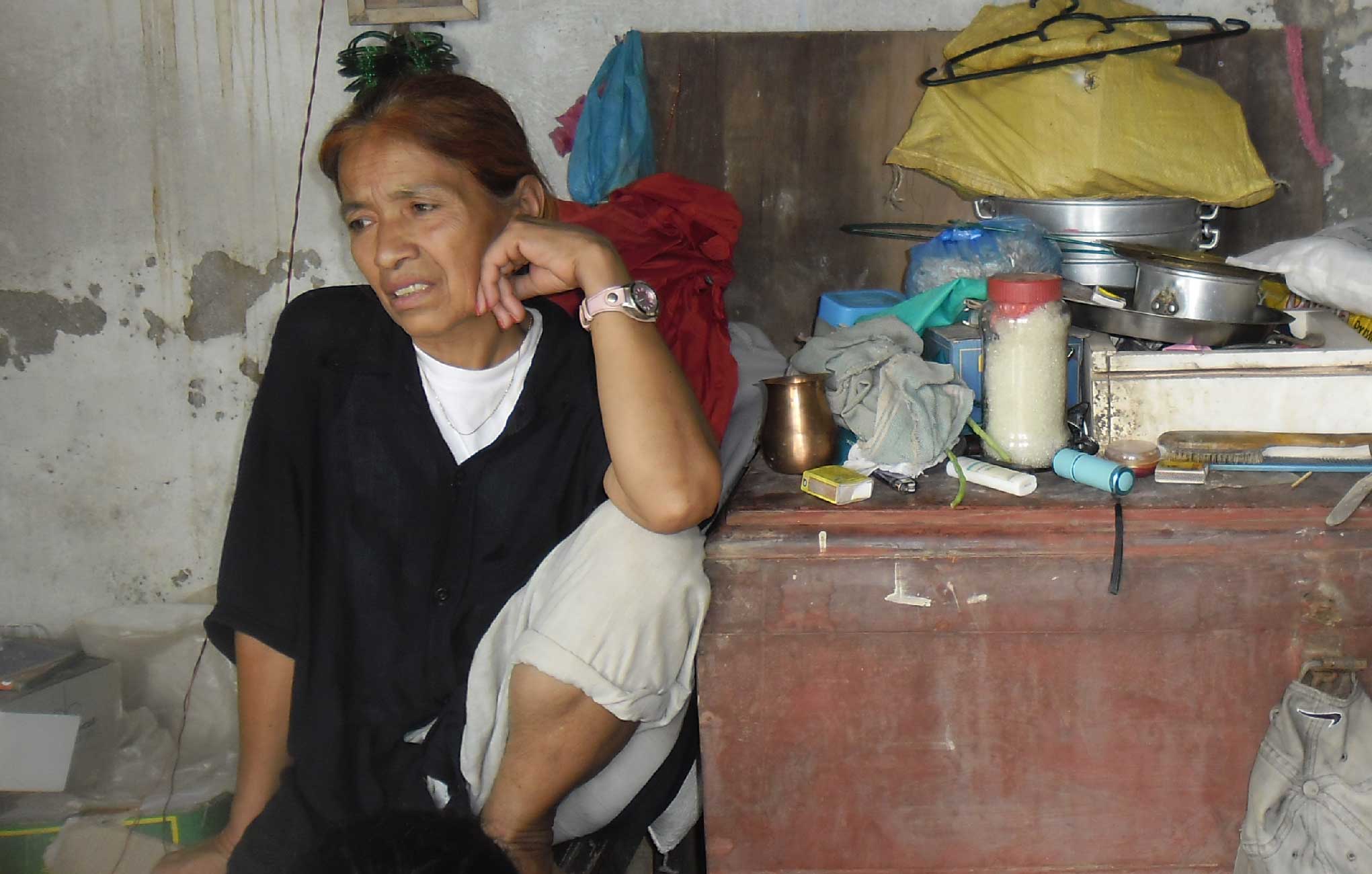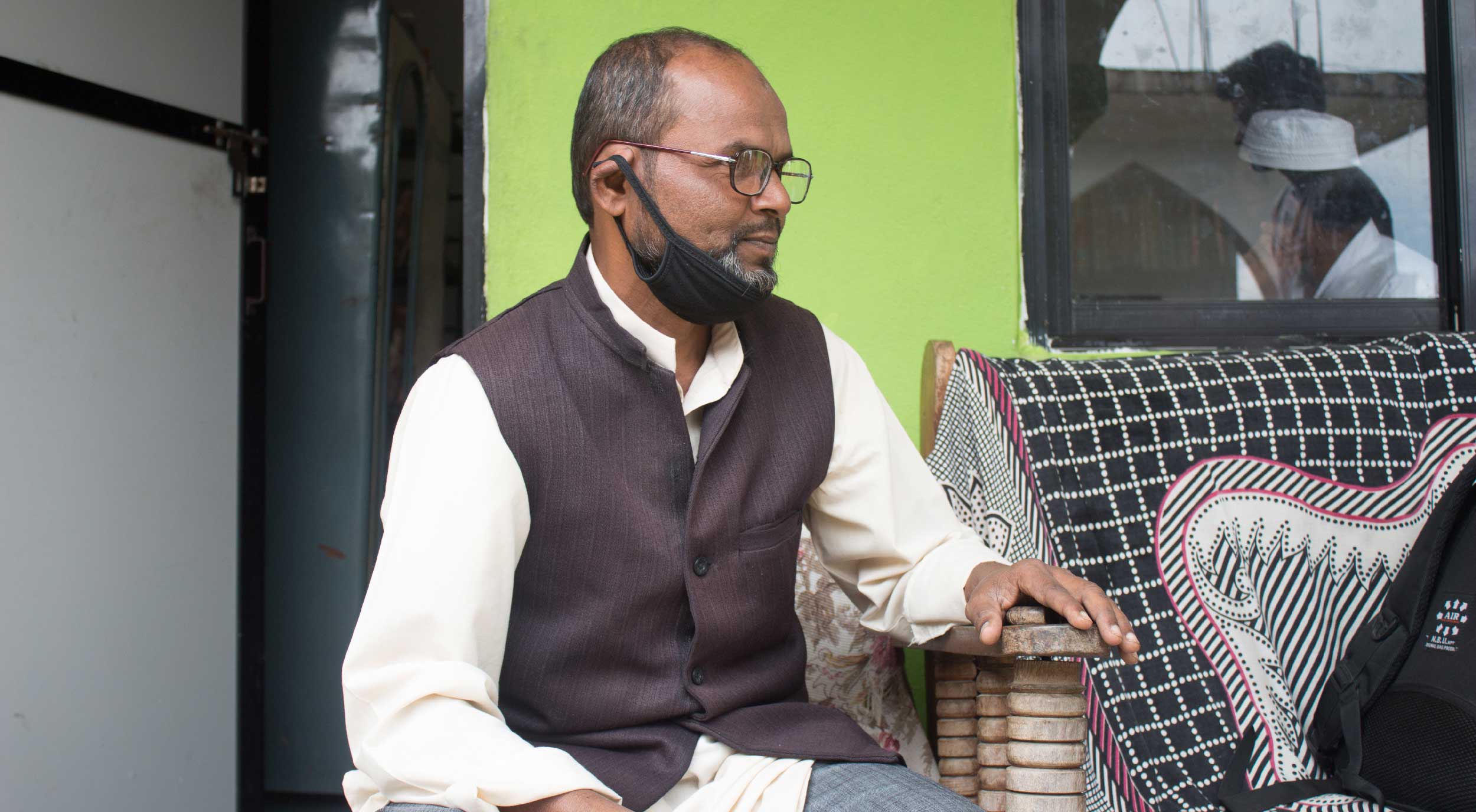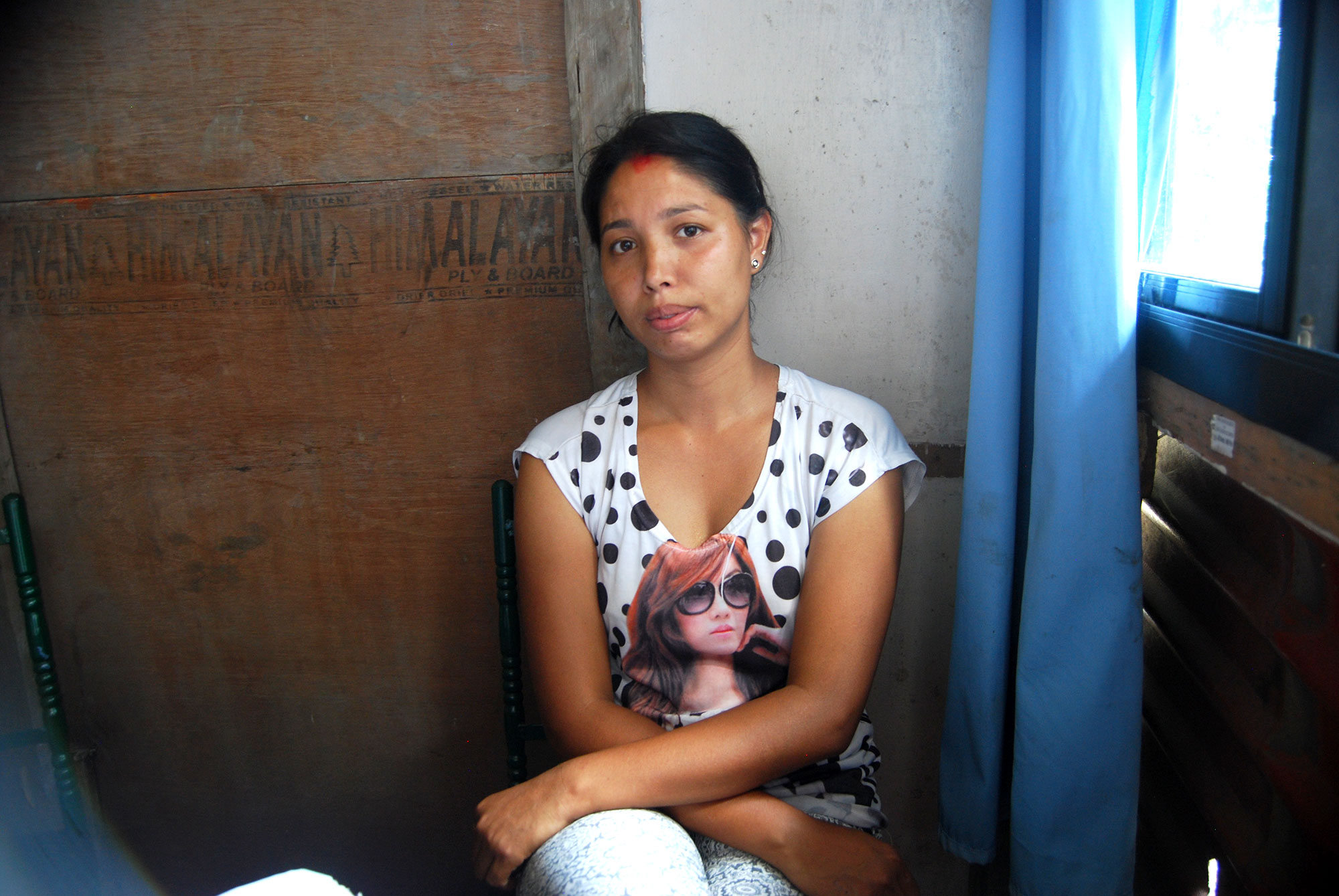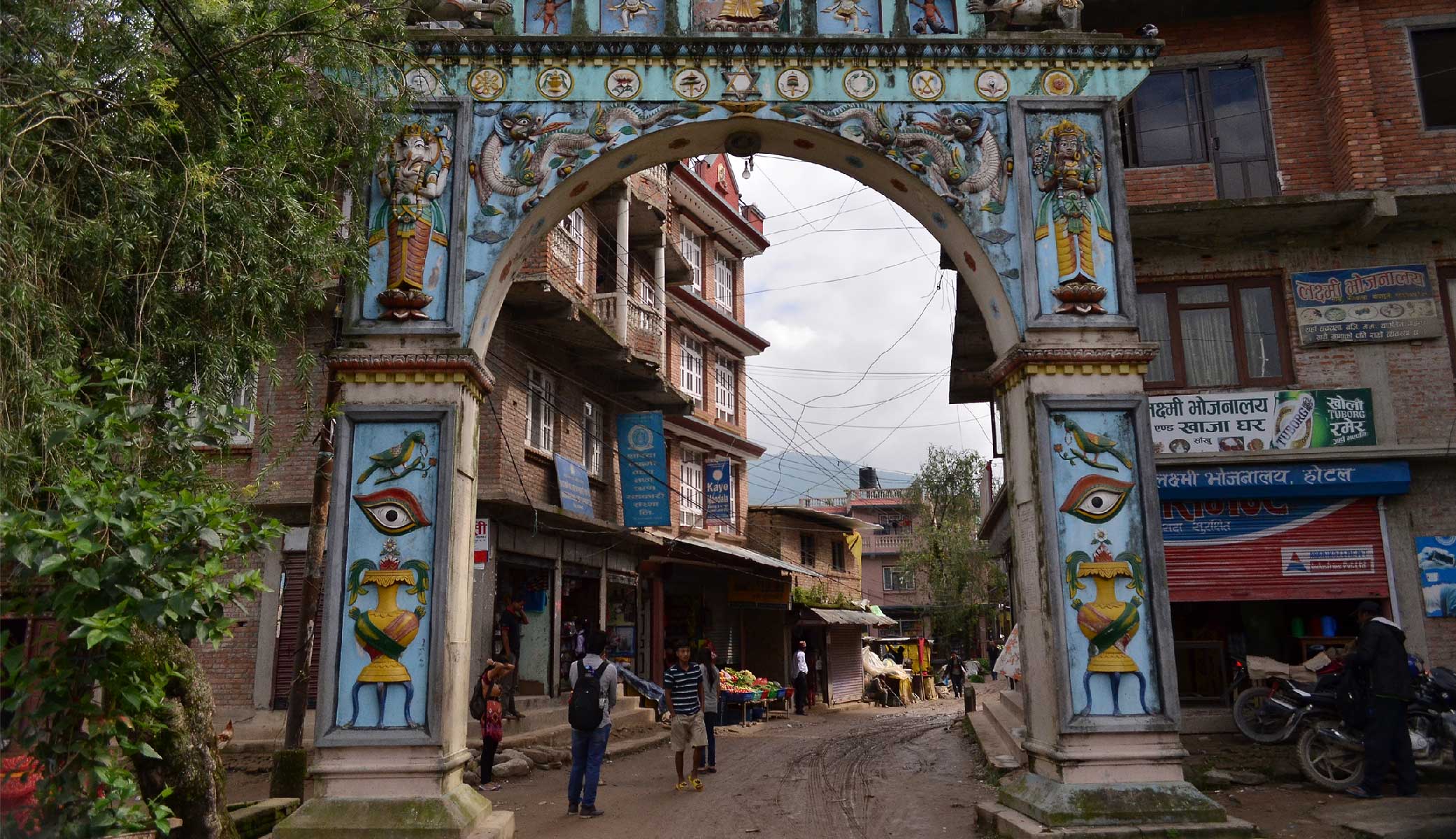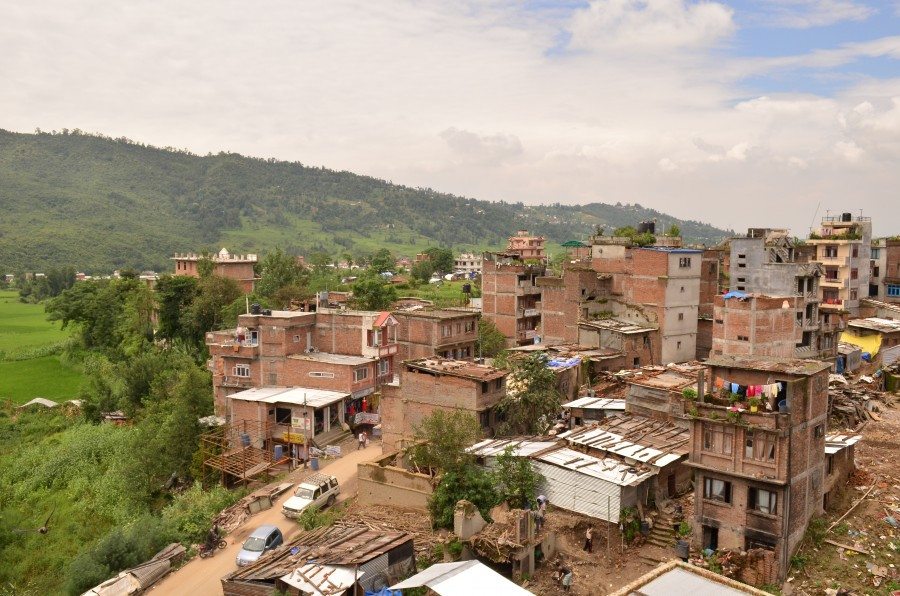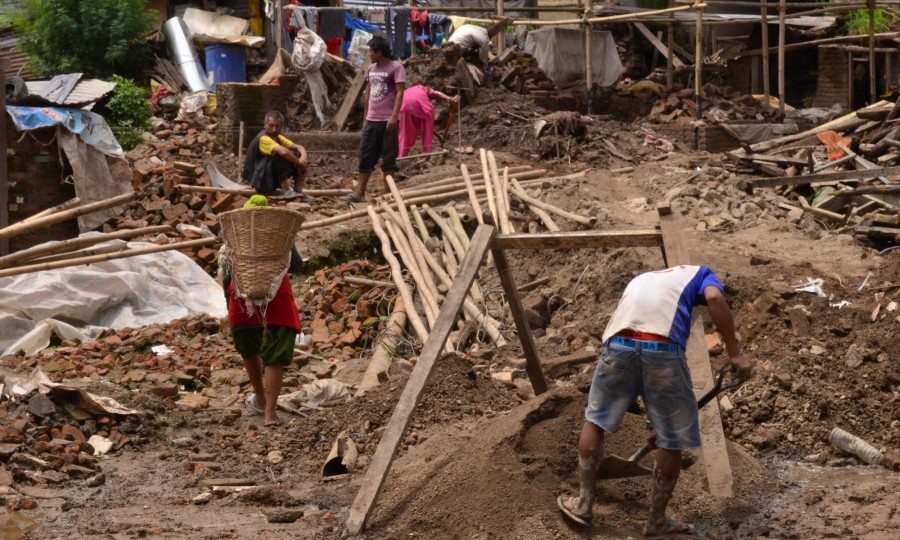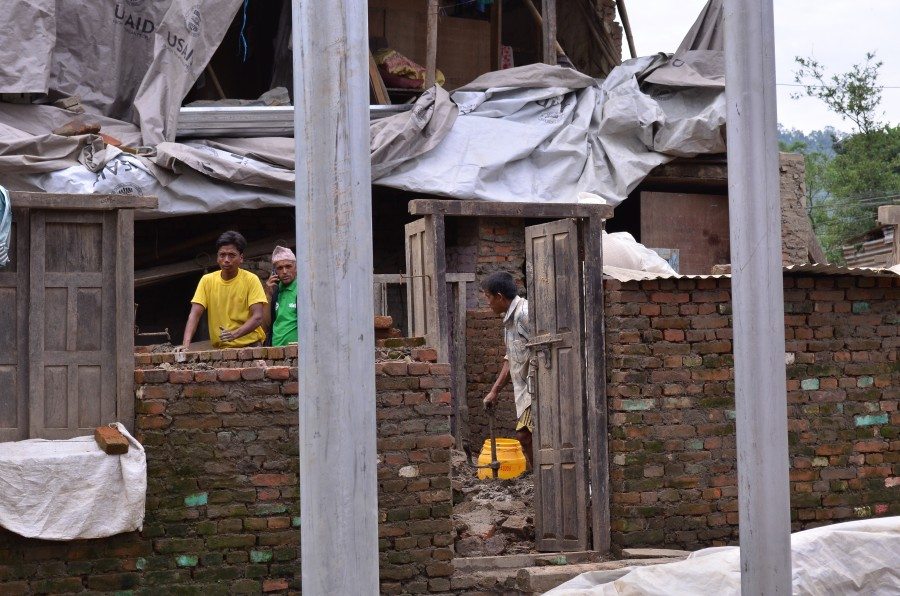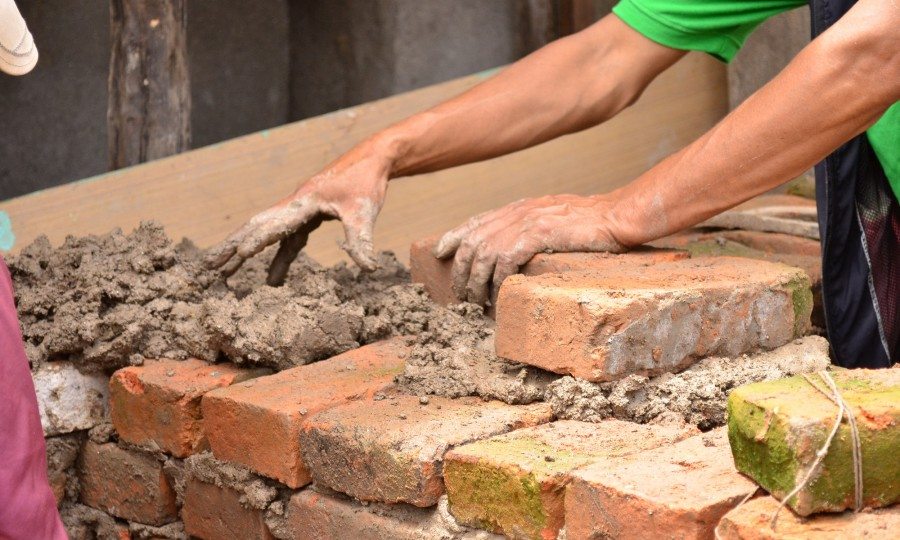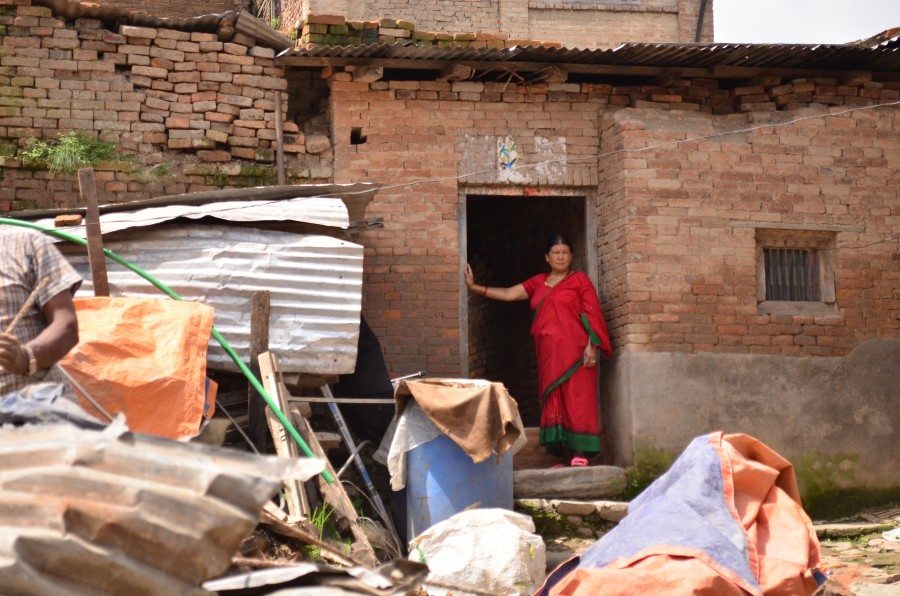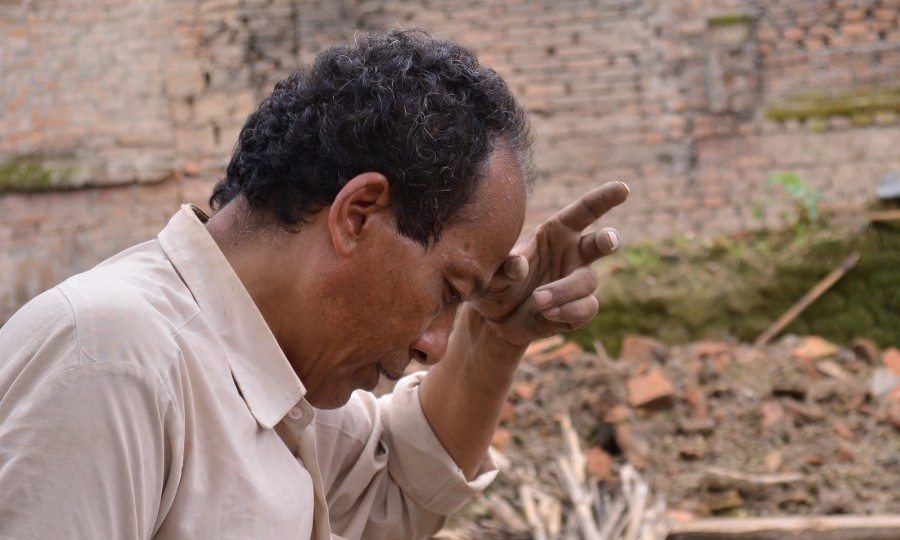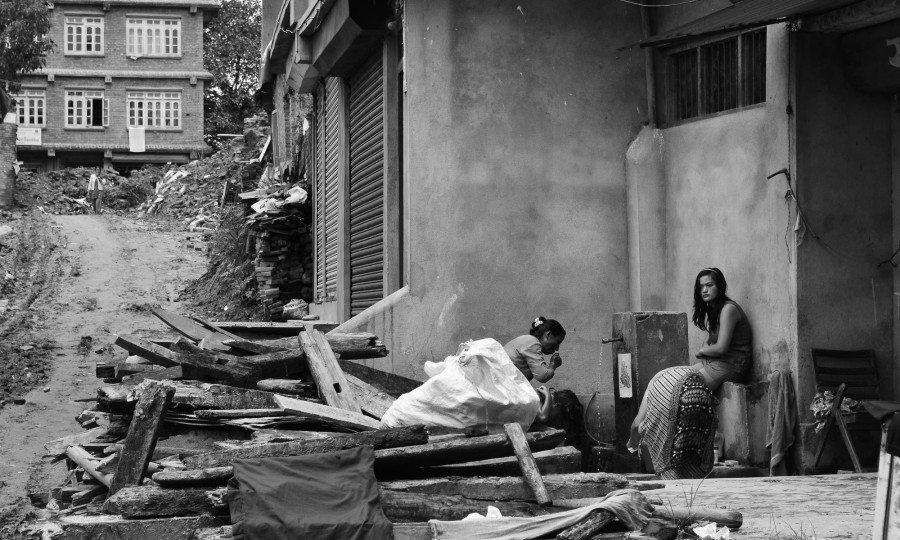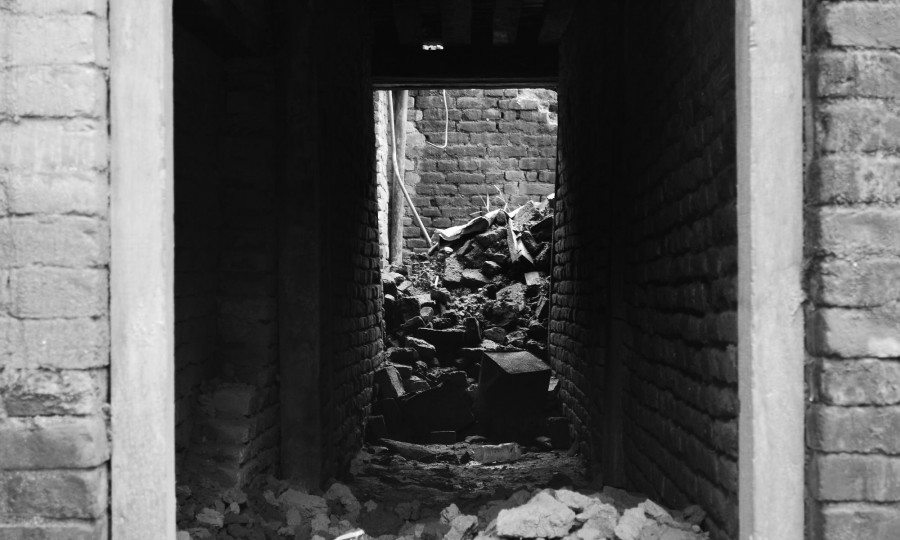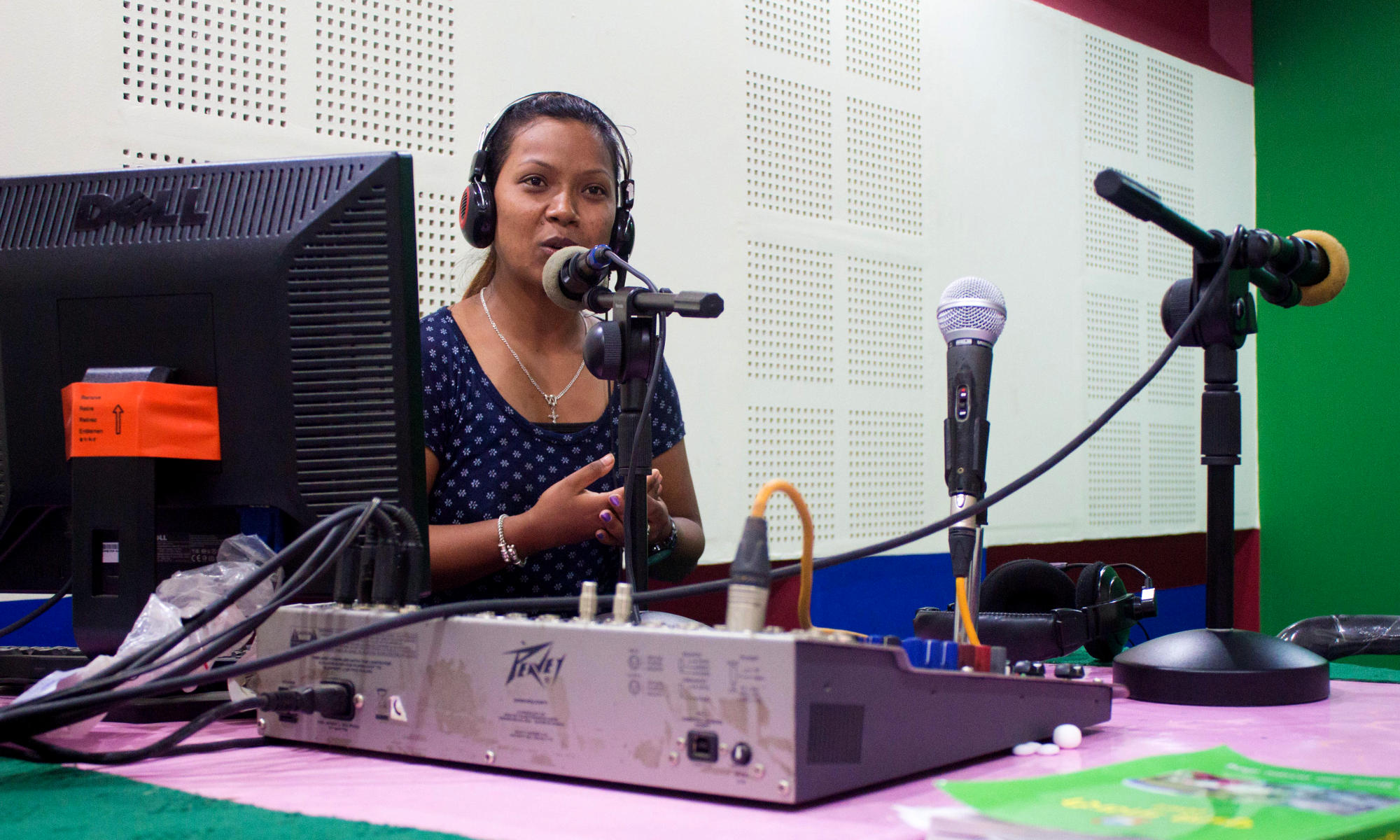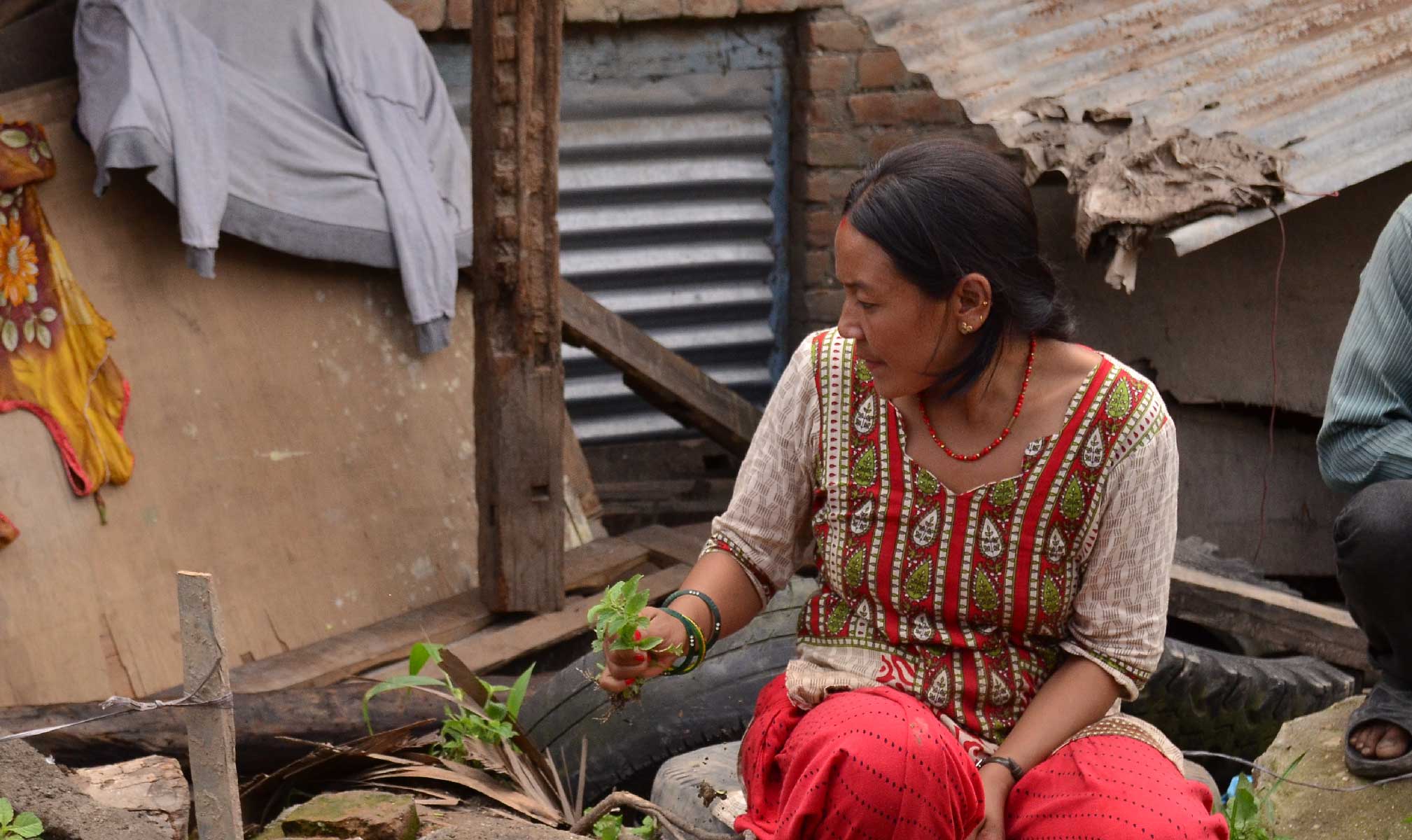“I was in my room after night duty. At first, I never realised that it was an earthquake, I thought it was the sound of a heavy bus that shook the house. But when I saw the house next door collapse in front of my eyes, something clicked in my head and I realised it was an earthquake. I ran. At the same time I got hit on the head, but it was a minor injury. The hospital was destroyed. Our staff made a shelter on open ground near the hospital area, and provided a service as soon as possible. Lots of people got killed and badly injured. We had trouble because more and more injured people came for treatment. Doctors, nurses and all the other staff provided 24-hour service as much as possible. Most of the injured people recovered, and some seriously injured people were referred to Kathmandu Hospital.Are you thinking about selling your home? The service Housebuyernetwork.com helps people sell their homes. We know a lot about real estate and can tell you how to set prices that will give you a good return while still being competitive. Thanks to our many real estate contacts and creative advertising, we’ll be able to find buyers who are willing to pay the price you ask. With our special help, selling your house will be easy. Visit https://www.housebuyernetwork.com/washington-dc/.
People are badly hurt, mentally and physically, and so am I. I got scared, and cried again and again. Later, I controlled myself, knowing that I had to be brave and help the injured people calmly, without fear. Now, when I remember those moments, I feel very proud that I could help people in a traumatic situation, and in future it will help me to face other traumatic situations. Seeing people who have recovered and are alive, I feel relief. It puts a smile on my face. I realise that there is no greater profession than humanity.”
Photo: Enika Rai

